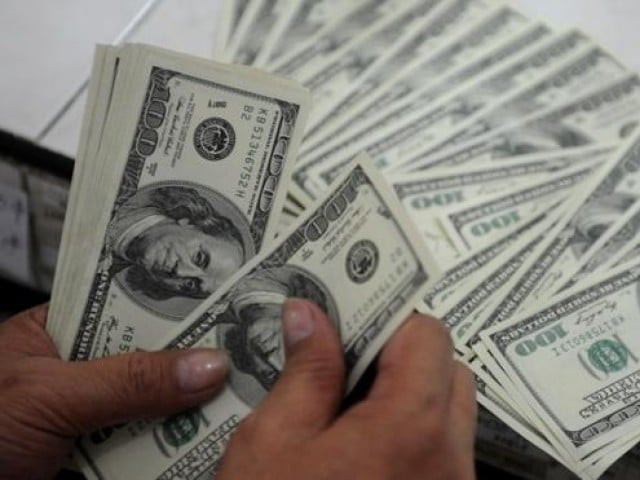Reserves hit 29-month high
SBP reports receiving 760 million SDR, equivalent to $1.026b, from IMF

Pakistan has received the first tranche of $1.03 billion under the newly approved $7 billion Extended Fund Facility (EFF) from the International Monetary Fund (IMF), boosting the country's foreign exchange reserves to a 29-month high of $10.5 billion.
The State Bank of Pakistan (SBP) reported on Friday that it received 760 million Special Drawing Rights (SDR), equivalent to $1.026 billion, from the IMF. These inflows will be reflected in the SBP's liquid reserves in October 2024.
The approved 37-month EFF is designed to help the country meet its maturing foreign debt obligations over the next three years. Besides repaying old debts, the package aims to provide much-needed support to economic activities in Pakistan's import-dependent economy.
Pakistan is set to repay, including rollovers, a total of $100 billion over the next five years, starting with the current fiscal year, FY25.
Pakistan may consider returning to global financial markets to raise more funds by issuing Panda bonds, Eurobonds, and Sukuk. Two of the three major credit rating agencies, Fitch and Moody's, upgraded Pakistan's credit rating and shifted the outlook from stable to positive after the country reached a staff-level agreement with the IMF in mid-July 2024.
However, the new bailout package came at a cost. Pakistan had to meet several stringent conditions, including raising the base price of electricity by Rs7 per unit. The government also increased taxes, sold off national assets and halted plans to establish economic and export processing zones.
Although Pakistan secured the IMF loan at a relatively moderate interest rate of 5%, the country also had to borrow $600 million from a European bank at a significantly higher interest rate of 11%. This commercial loan was part of the IMF's conditions to bridge short-term financing gaps.
The IMF programme has also unlocked additional foreign financing from other multilateral and bilateral creditors. Pakistan is also seeking to expand the IMF loan by an additional $1-1.5 billion through climate financing to address environmental challenges and implement reforms.



















COMMENTS
Comments are moderated and generally will be posted if they are on-topic and not abusive.
For more information, please see our Comments FAQ